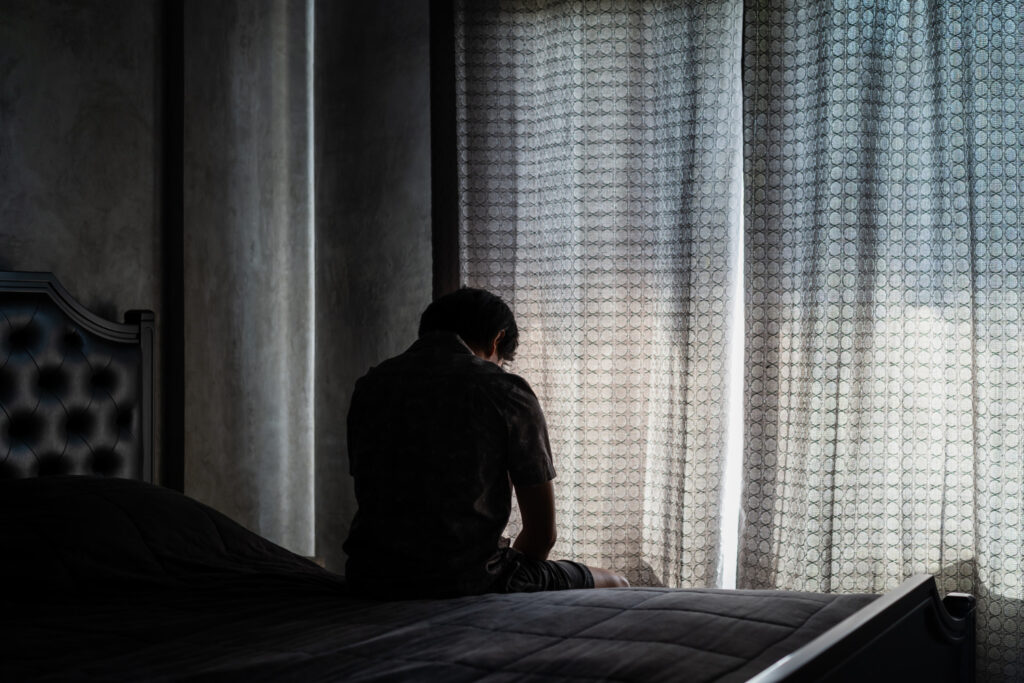Seasonal affective disorder (SAD) is a kind of depression that a person feels due to changes in the seasons: It can happen during fall and winter (winter-onset SAD or winter depression) or during summer and spring (summer-onset SAD or summer depression). The former is more typical than the latter. According to the American Psychiatric Association (APA), SAD affects about 5% of adults in the US and it unfortunately lasts about 40% of the year.
Healthcare workers who provide lifesaving and comfort-giving support to patients are not immune to SAD. Healthcare professionals need to know how to cope with seasonal affective disorder so that they can remain physically, mentally, and socially healthy and stay motivated to deliver high-quality patient care. This article discusses some helpful tips on how healthcare workers can prevent and cope with seasonal affective disorder.
Preventing seasonal affective disorder: Tips for healthcare workers
1. Get enough sunlight (especially if you work the night shift) and exercise
Not getting enough sun exposure can cause your serotonin levels to drop, which can then lead to major depression with a seasonal pattern. Serotonin is the body’s “feel good” chemical — when you have normal levels of it, you tend to feel more focused, happier, and calmer. On the other hand, when you have low levels of it, you are more prone to becoming depressed.
On days that you’re working, try to get as much sunlight as possible by parking at a good enough distance to walk to and from your vehicle while getting your sunshine in. During your break time, you can also try to walk outside for a few minutes to stretch and boost your Vitamin D levels. On your days off, you can also do fun activities outdoors, such as walking, hiking, biking, rock climbing, and canoeing. Exercising can help relieve stress and anxiety and also boost your mood.
While it’s important to get your sunlight in, if you’re a night shift worker, don’t forget to wear sunglasses when you go out or commute in the daytime, especially if you plan on sleeping one or two hours after you get home from work. This will allow you to improve your circadian rhythm and sleep better.
2. Get enough sleep
According to an article from Hopkins Medicine, people who have insomnia or those who are not getting enough sleep have a tenfold higher risk of developing depression compared to well-rested people. Catching the appropriate amount of Zs at night can help recharge your entire system, boost your mood, enhance your energy levels, and ease or manage depression symptoms.
If you’re a healthcare worker who works the night shift, getting a good night’s rest might be a little more challenging, and you would need to get used to it, especially in the beginning. Create and stick to a sleeping schedule that works for you and use blackout blinds to keep the light from entering your room during your daytime sleep.
3. Limit your alcohol and caffeine intake at night
Both alcohol and caffeine can get in the way of your getting enough sleep. Alcohol has been found to cause insomnia, causing people who drink to wake up after only a few hours of sleep and affecting REM sleep. Aside from negatively affecting your sleep patterns, the American Addiction Centers also report that alcohol can also worsen depression symptoms.
Meanwhile, drinking caffeine can disrupt your sleeping schedule, which could then lead to or exacerbate depression. Though this might take a little more getting used to if you work the night shift, do your best to be strategic with your caffeine intake: Try to drink your cup of coffee six hours before your bedtime.
4. Get professional help.
Remember: If you’re experiencing seasonal affective disorder symptoms, which include persistent feelings of sadness, anxiety, irritability, helplessness, and hopelessness, please talk to a healthcare provider or a mental health specialist.
A healthcare provider will be able to conduct an evaluation of your symptoms and provide the best course of treatment for you, such as light therapy, psychotherapy, and medication.







